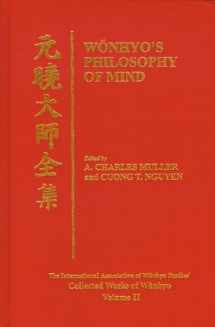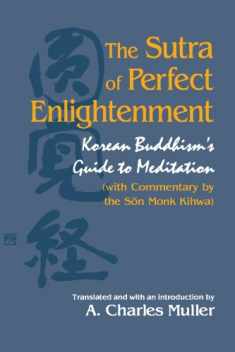
Wonhyo's Philosophy of Mind (Collected Works of Wonhyo)
Book details
Summary
Description
Leading East Asian Buddhist thinkers of the seventh century compared, analyzed, and finalized seminal epistemological and soteriological issues that had been under discussion in India and East Asia for centuries. Among the many doctrinal issues that came to the fore was the relationship between the Tathagatagarbha (or “Buddha-nature”) understanding of the human psyche and the view of basic karmic indeterminacy articulated by the new stream of Indian Yogacara introduced through the translations and writings of Xuanzang and his disciples. The great Silla scholiast Wonhyo (617–686), although geographically located on the periphery in the Korean peninsula, was very much at the center of the intense discussion and debate that occurred on these topics. Through the force of his writings, he became one of the most influential figures in resolving doctrinal discrepancies for East Asian Buddhism.
Although many of Wonhyo’s writings are lost, through his extant work we are able to get a solid glimpse of his profound and learned insights on the nature and function of the human mind. We can also clearly see his hermeneutical approaches and methods of argumentation, which are derived from apophatic Madhyamika analysis, the newly introduced Buddhist logic, as well as various indigenous East Asian approaches. This volume includes four of Wonhyo’s works that are especially revelatory of his treatment of the complex flow of ideas in his generation: System of the Two Hindrances (Yijang ui), Treatise on the Ten Ways of Resolving Controversies (Simmun hwajaeng non), Commentary on the Discrimination between the Middle and the Extremes (Chungbyon punbyollon so), and the Critical Discussion on Inference (P’an piryang non).


We would LOVE it if you could help us and other readers by reviewing the book
Book review




